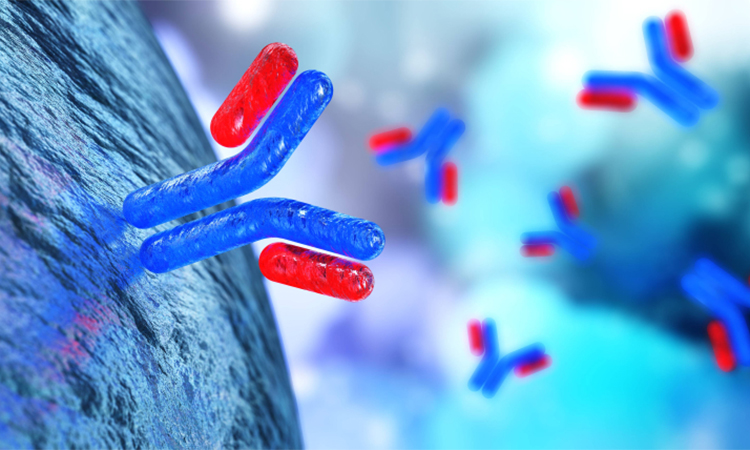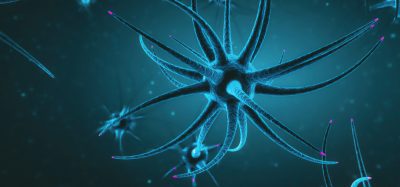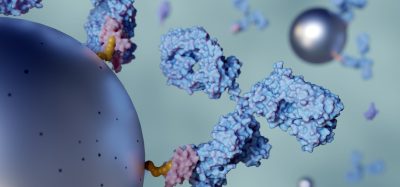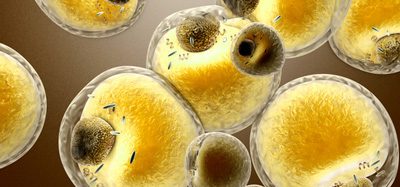A new study has highlighted how an antibody strengthens bonds between cells
Posted: 5 August 2022 | Ria Kakkad (Drug Target Review) | No comments yet
The monoclonal antibody 19A11 binds E-cadherin, a protein that helps cells stick together, especially in epithelial layers that line the skin, the gut and other organs.


Researchers at the University of California, Davis and the University of Washington, both US have found that future treatments for advanced cancer could work by sticking cancer cells in place and preventing their spread around the body. Their study, which was recently published in Proceedings of the National Academy of Sciences, described how the monoclonal antibody 19A11, developed by the researchers, binds E-cadherin, a protein that helps cells stick together, especially in epithelial layers that line the skin, the gut and other organs.
Using X-ray crystallography, they found that the antibody binds E-cadherin near the site where it attaches to another E-cadherin molecule. With a combination of simulations and atomic force microscopy, they showed that 19A11 has two binding modes, one of which increases the adhesive strength of E-cadherin. That increased adhesion comes from the formation of a type of chemical link called a salt bridge between the molecules.
“Molecular dynamics simulations and single-molecule atomic force microscopy demonstrate that 19A11 interacts with Ecad in two distinct modes: one that strengthens the strand–swap dimer and one that does not alter adhesion. We show that adhesion is strengthened by the formation of a salt bridge between 19A11 and Ecad, which in turn stabilises the swapped β-strand and its complementary binding pocket,” stated the paper.
By better understanding how this antibody can increase stickiness between cells, the researchers hope to find ways to design even more effective treatments along the same lines.
Related topics
Antibodies, Antibody Discovery, Microscopy, Monoclonal Antibody, Oncology, Therapeutics
Related conditions
Cancer
Related organisations
UC Davis, University of Washington (UW)








